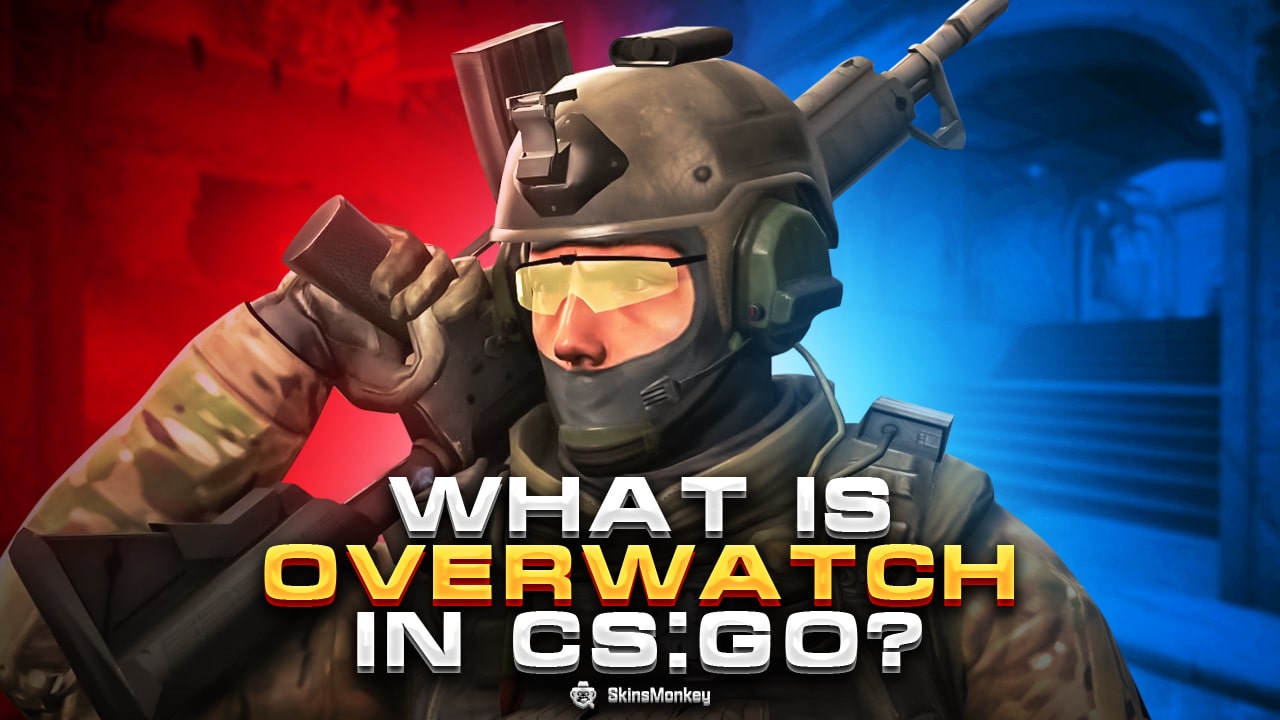Chunai Updates
Your go-to source for the latest news and insights.
When Griefing Goes Wrong: The Price of Toxicity in CSGO
Discover the dark side of CSGO as we reveal the shocking consequences of griefing. Is toxicity ruining the game for everyone? Dive in now!
The Dark Side of CSGO: Understanding Griefing and Its Consequences
Counter-Strike: Global Offensive (CSGO) is renowned for its competitive gameplay, but it also harbors a troubling phenomenon known as griefing. This term refers to actions taken by players with the intent to annoy or frustrate their teammates, often leading to a toxic gaming environment. Common forms of griefing include deliberately team-killing, blocking teammates, or sabotaging objectives. These actions not only disrupt the flow of the game but also lead to significant psychological effects on other players, contributing to a negative and hostile atmosphere within the community.
Understanding the consequences of griefing is crucial for fostering a healthier gaming experience. Players who engage in griefing may face penalties such as temporary bans or permanent account suspensions, which aim to discourage such behavior. Additionally, the ripple effect of griefing can lead to long-term harm to a game's community, as it drives away new players and damages the reputation of the title. It's essential for gamers to recognize the importance of teamwork and sportsmanship, as these values go hand-in-hand with maintaining an enjoyable and competitive environment in CSGO.

Counter-Strike is a tactical first-person shooter that pits teams against each other in a series of objective-based missions. Players can choose from various maps, each with its own unique layout and strategies, such as mirage callouts that help communicate effectively with teammates. The game emphasizes teamwork, strategy, and skill, making it a staple in the competitive gaming community.
Is Griefing Ruining Your CSGO Experience? The Hidden Costs of Toxicity
In the competitive world of CSGO, players are expected to showcase their skills, but what happens when that environment becomes a breeding ground for griefing? This toxic behavior, which includes actions like team killing or sabotaging gameplay, can severely impact your overall experience. Not only does it create a hostile atmosphere among teammates, but it can also diminish your enjoyment and motivation to play. If you find yourself constantly frustrated by the actions of others, it’s worth considering whether griefing is ruining your time in CSGO.
Beyond immediate frustration, the hidden costs of toxicity manifest in various ways. For instance, repeated exposure to griefing can lead to:
- Increased stress and anxiety levels while gaming
- Negative impacts on your focus and performance
- Potential long-term damage to your passion for the game
Ultimately, recognizing the impact of griefing is crucial for preserving your enjoyment in CSGO. To foster a healthier gaming environment, it may be beneficial to report instances of griefing and seek out positive communities that prioritize teamwork and respect.
From Tactical to Toxic: How Griefing Affects Team Dynamics in CSGO
Griefing in Counter-Strike: Global Offensive (CSGO) can transform a tactical environment into a toxic battlefield, affecting the core dynamics of team play. When a player engages in griefing—whether through intentional team killing, sabotaging objectives, or disruptive behavior—it undermines the cooperative spirit that is essential for success in competitive games. Teams are often built on trust and strategic collaboration, and any form of griefing can lead to discord, diminished morale, and ultimately, a breakdown in communication. Studies in gaming psychology suggest that such disruptions not only impact the immediate game but can also lead to long-term negative effects on player relationships and teamwork capabilities.
Furthermore, the presence of toxicity in CSGO not only affects individual players but can resonate throughout the entire match, creating a hostile atmosphere that stifles performance. Players who experience griefing may become less willing to communicate or share strategies, opting instead for self-preservation rather than teamwork. This shift in dynamics can lead to a cascading effect where frustration builds, ultimately resulting in further instances of griefing as players act out of anger rather than cooperation. To mitigate the impact of griefing, it is crucial for teams to establish clear communication guidelines and foster a culture of support, ensuring that tactical gameplay flourishes in a positive environment.